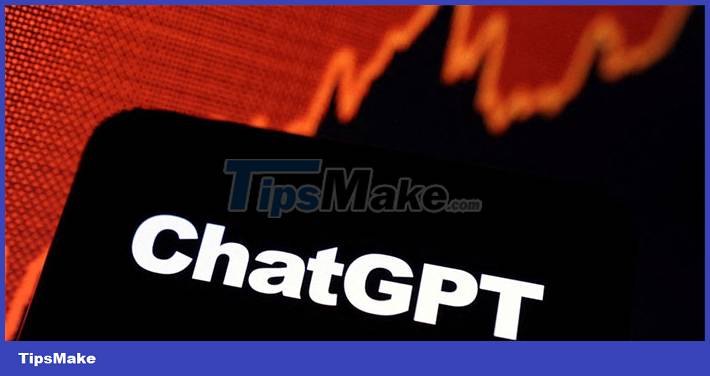China bans ChatGPT for fear of spreading misinformation

In addition to banning ChatGPT, China also requires domestic companies to report and get permission from regulators if they want to launch chatbots or related artificial intelligence services.
After the new regulation was published, in order to avoid the risk of mistakes, Tencent banned the providers of ChatGPT and related services, including those with little resemblance to the famous chatbot in China.
In the past time, ChatGPT, although not officially appearing, has become a craze, attracting a lot of users in China. To access the service over the web platform many people have used VPN (virtual private network). To serve the needs of users, some developers here also launch connection applications to use APIs from ChatGPT.
Major corporations in China such as Alibaba and Baidu are also developing applications similar to ChatGPT and they are said to have assured the government that their application will not be related to ChatGPT.
ChatGPT is a chatbot developed by US OpenAI from the GPT-3.5 model, which can chat with real people. The application launched in November 2022 and quickly attracted the attention of many people around the world. After only one month of launch, the application has reached 100 million users as of January 31.